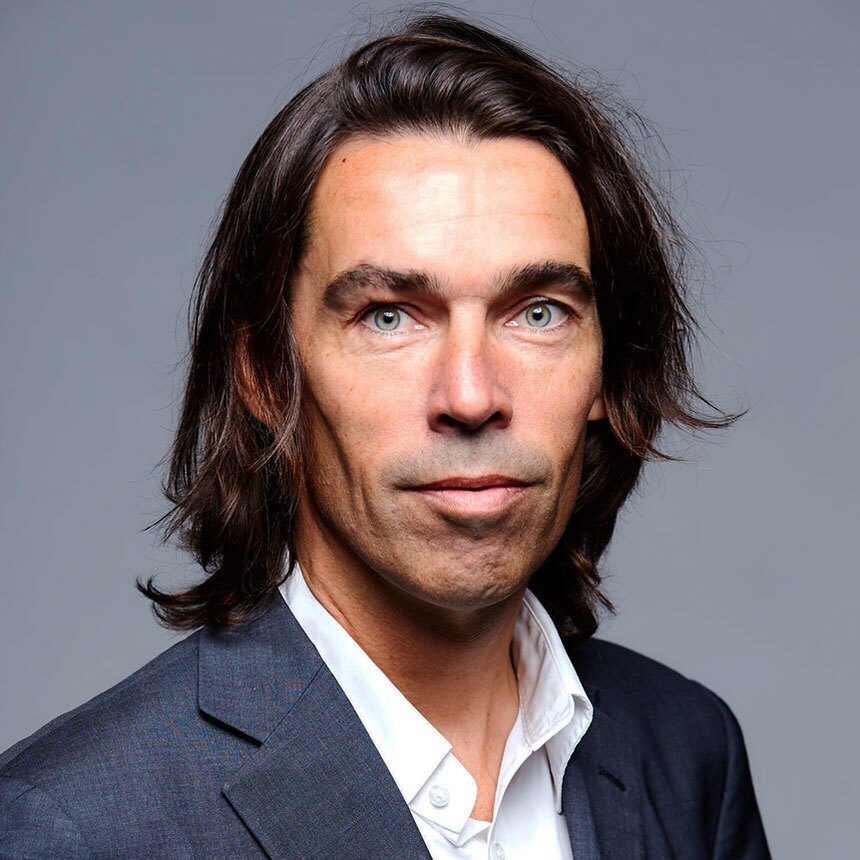BERLIN — Mark Hoplamazian, CEO of Hyatt Hotels Corp., sees the company's hotel ownership as an advantage.
While other global hotel companies have gone asset-light, Hoplamazian said that keeping Hyatt's balance sheet firmly connected with its bricks and mortar allows the Chicago-based firm to walk in its own shoes.
“We eat our own cooking every day,” he said in a general-session interview at the International Hotel Investment Forum.
That ownership percentage is falling, but Hyatt remains the largest owner of Hyatt-branded hotels.
Reinvestment Strategy
Holding on to some hotels and selling others at good financial terms has allowed the company to reinvest in itself and shore up its position at the high end of hotel segments, Hoplamazian said.
Hyatt started to sell down its holdings in 2017 and reinvest proceeds in new brands and platforms.
“We have reinvested $3.6 billion,” he said.
The company's 2017 purchase of Miraval Group was its first since that decision to start selling and reinvesting.
The deal for the wellness resort and spa brand "did come with real estate, but it is truly and deeply in spa, and [Hyatt] did not have that,” he said.
Along those lines, Hoplamazian said Hyatt's moves in recent years to quintuple its ownership and operations of lifestyle hotels is a firm strategy.
The company's purchase of Apple Leisure Group in 2021 for $2.7 billion has been its largest to date, he said.
Hyatt continues to dispose of properties, he added, such as its recent sale of the Park Hyatt Zurich to a partnership of Trinity Investments’ funds managed by Oaktree Capital Management and UBS Asset Management.
High and Away
Hoplamazian said luxury hotels will continue to be Hyatt’s core focus.
Average daily rates are 20% consistently higher, and "we have 30% more loyalty per hotel than the other companies," he said. "We have a much bigger base of high-end guests, and we were quite surprised when we saw we have the highest number of luxury resorts in luxury locations."
"We will continue to build and develop that guest base. This is deliberate. After every decline, the high-end has led the recovery,” he said.
While high-end is Hyatt's bread and butter, the company recognized the demand for extended-stay hotels with its 2023 launch of Hyatt Studios in the upper-midscale extended-stay segment.
“We had nothing in midscale, but we just announced a brand last year. We have nothing lower than that,” he said.
Culture, ESG
Hoplamazian said the culture of Hyatt as a family business, from its origins with the Pritzker family, helps set his firm apart from the other hotel behemoths, too.
“The average tenure of our [general managers] is 25 years. Someone on my team who is set to retire has 43 years,” he said. “Our culture is about care, utterly different from service. Champagne left in the hotel room is not a good thing when that person does not drink alcohol.”
He added that if the culture works, then anything is possible. If it does not, everything becomes a struggle.
Having the answers and knowledge to best tackle environmental, social and governance-related issues are a major challenge, Hoplamazian said. It was a sentiment echoed by most of the hotel company CEOs at the event.
“I would never think about competing with other hotel companies on ESG, and that is how all the other CEOs would answer, too,” he said.
Hoplamazian added that he saw ESG as being more regulated in Europe, the Middle East and Africa than it was elsewhere, among owners and operators.
ESG concerns cover hiring, too, he said, which continues to be a global challenge for the industry.
“We work in the favelas, in the slums, in every major city in the U.S. that has disinvested communities. Talent is equally distributed, but opportunity is not,” Hoplamazian said.
He said that officially in the U.S., unemployment is in the low single digits, but in some communities, it is as high as between 18% and 25%.
“In unemployment, the whole industry can move the needle,” he added.



